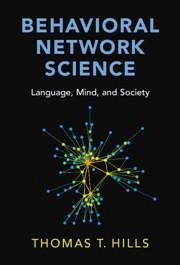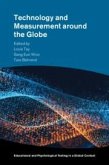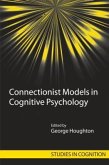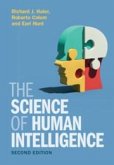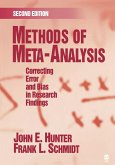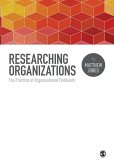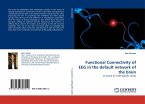Behavioral Network Science explains how and why structure matters in the behavioral sciences. Exploring open questions in language evolution, child language learning, memory search, age-related cognitive decline, creativity, group problem solving, opinion dynamics, conspiracies, and conflict, readers will learn essential behavioral science theory alongside novel network science applications. This book also contains an introductory guide to network science, demonstrating how to turn data into networks, quantify network structure across scales, and hone one's intuition for how structure arises and evolves. Online R code allows readers to explore the data and reproduce all the visualizations and simulations for themselves, empowering them to make contributions of their own. For data scientists interested in gaining a professional understanding of how the behavioral sciences inform network science, or behavioral scientists interested in learning how to apply network science from the ground up, this book is an essential guide.
Hinweis: Dieser Artikel kann nur an eine deutsche Lieferadresse ausgeliefert werden.
Hinweis: Dieser Artikel kann nur an eine deutsche Lieferadresse ausgeliefert werden.
